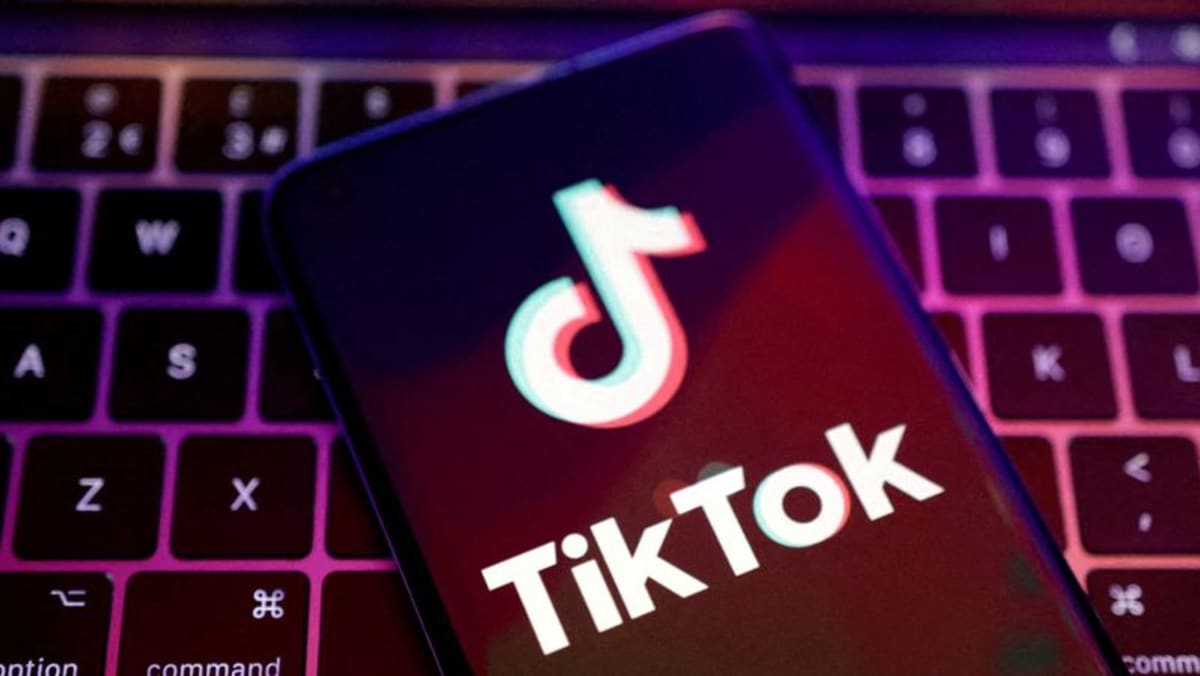LEGISLATION DRIVEN BY MORAL PANIC
Like most legislation driven by moral panic, the new law – let’s call it PAFFACAA, because legislation as silly as this deserves a silly acronym – is, well, terrible.
The complaint argues that the sort of divestment the statute demands is technologically difficult; whether or not that’s true, nobody imagines that the company will sell its algorithms and source code to a US buyer, or that the government of China would allow it to do so.
Moreover, PAFFACAA singles out TikTok for special treatment; other apps that might fall within the statute are granted procedural protections TikTok is denied.
The more intriguing claim is that PAFFACAA is an unconstitutional burden on the First Amendment rights of its 170 million US users (more than half the population), who engage in protected speech, both when they choose what to post and when they choose what to view. To punish them would be to violate their rights.
But it’s less obvious that banning an app violates the rights of users. A regulation that is content-neutral will generally be upheld if it leaves alternative means of expression available and burdens no more speech than is necessary to further the government’s interest. Other apps exist, and if TikTok goes, more will spring up.
Consider the mimeograph machine, once the heart of the production of everything from handbills to classroom assignments.
Had the devices been banned on the ground that the drying process produced trace amounts of airborne methanol, lots of people would have lost their preferred means of sending messages, but their free speech rights wouldn’t have been violated as long as they could still use, say, photocopiers.
Which brings us back to my great uncle’s printing press.
